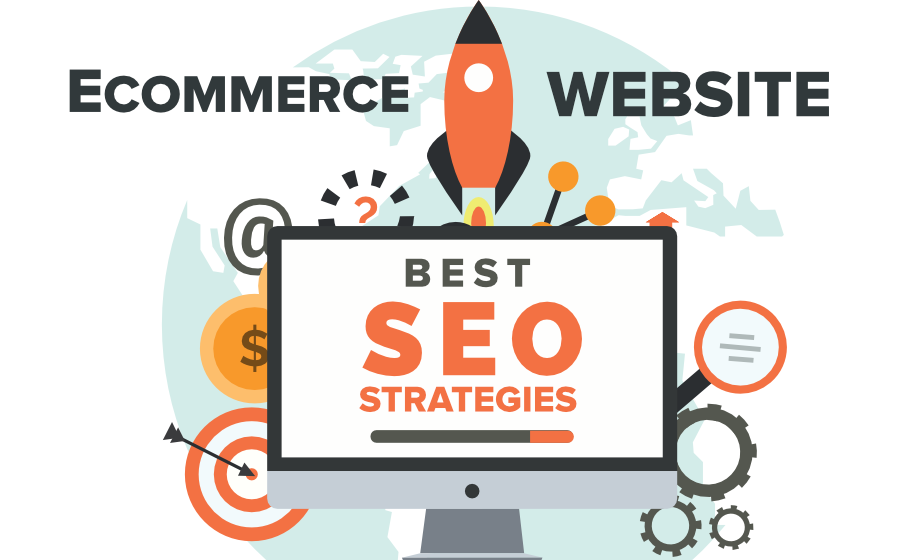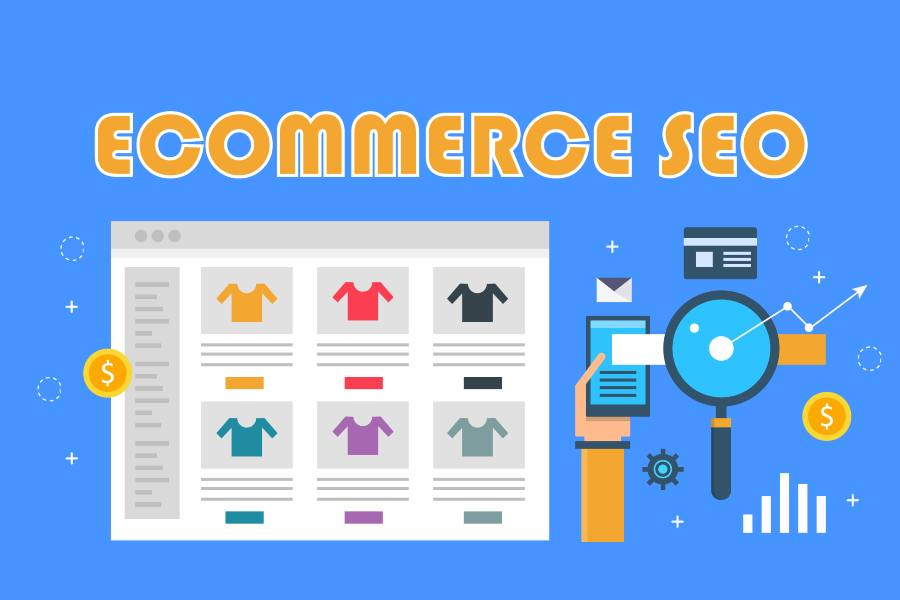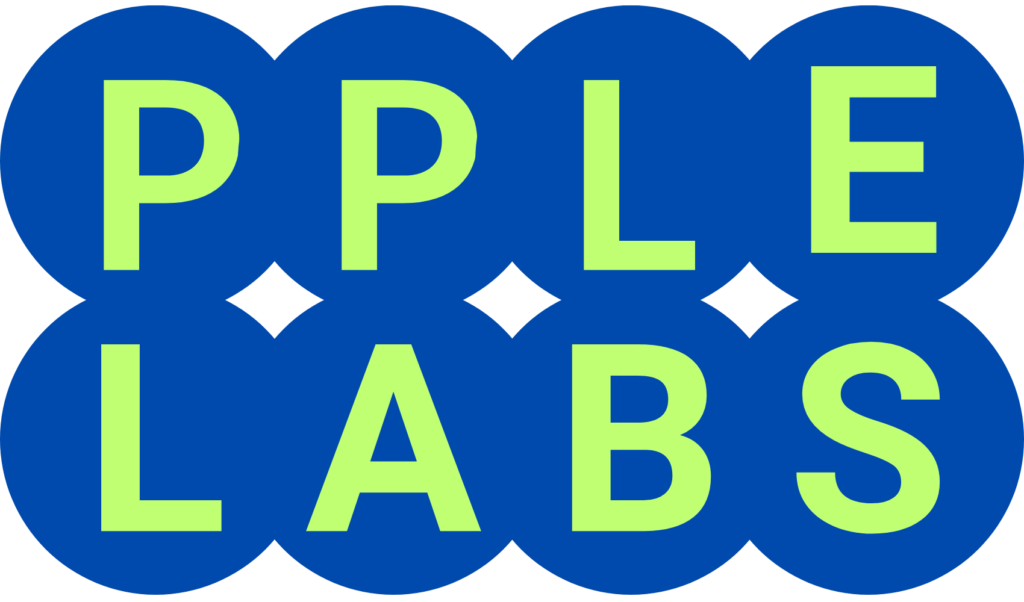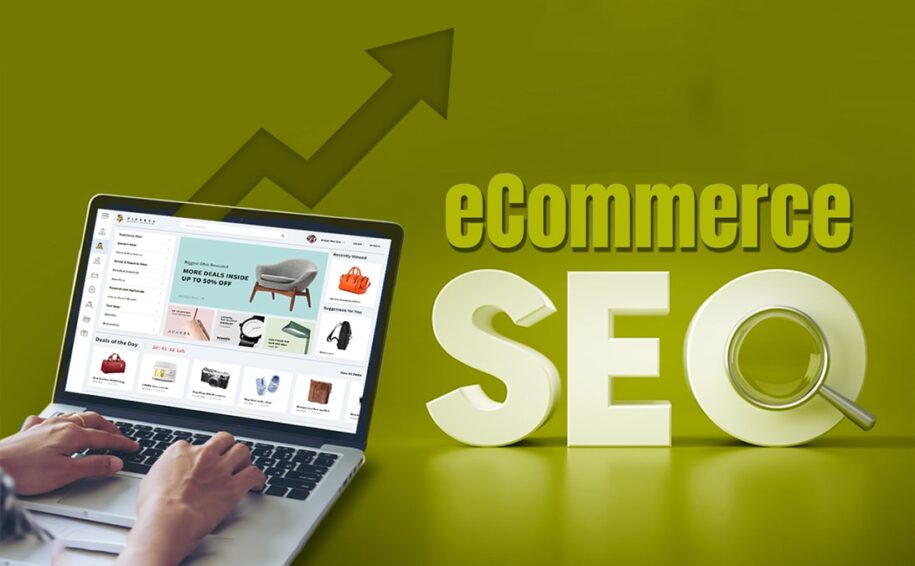If you’re running an ecommerce business and not focusing on SEO, you’re leaving money on the table. SEO, or search engine optimization, is the secret sauce that makes your store visible in search results, driving organic traffic and increasing conversions. Without SEO, even the best products can go unnoticed.
But why does SEO matter so much? Simply put, it bridges the gap between what you sell and what your potential customers are searching for. For ecommerce, SEO isn’t just helpful—it’s essential.
Common SEO Challenges for Ecommerce Businesses
Running an ecommerce business is exciting, but let’s not sugarcoat it—SEO comes with its hurdles.
- Competing in a Saturated Market: With thousands of online stores selling similar products, standing out is tough.
- Navigating Technical SEO Issues: Things like duplicate content or poor site structure can mess with your rankings.
- Keeping Up with Algorithm Changes: Search engines love shaking things up, making it hard to stay on top.

Actionable SEO Strategies to Boost Your Ecommerce Growth
So, how do you tackle these challenges? By rolling up your sleeves and implementing these strategies.
Keyword Research for Ecommerce Success
Start with keyword research. Understand what your customers are typing into the search bar. Focus on long-tail keywords—these are specific phrases like “organic skincare for dry skin.” They might have less traffic, but they attract ready-to-buy customers.
Optimizing Product Pages for SEO
Product pages are your storefronts. Ensure every page shines by:
- Adding descriptive meta tags with target keywords.
- Writing unique product descriptions instead of using manufacturer copies.
- Including high-quality images with alt text.
Building High-Quality Backlinks
Reach out to bloggers, industry experts, or influencers to get backlinks. Quality over quantity is the name of the game here.

Technical SEO Best Practices for Ecommerce Sites
You can’t ignore the techy stuff—technical SEO lays the foundation for a solid strategy.
- Improving Site Speed: A slow website is like a crowded store—it drives people away. Use tools like Google PageSpeed Insights to identify and fix issues.
- Mobile Optimization: With most shoppers browsing on their phones, a mobile-friendly site is non-negotiable.
Leveraging Content Marketing for Ecommerce SEO
Content is still king, especially for ecommerce. Here’s how you can leverage it:
- Creating Informative Blog Content: Write blogs answering customer questions, like “How to Choose the Perfect Running Shoes.”
- User-Generated Content: Encourage reviews and testimonials. They boost your credibility and help with SEO.

Tracking and Measuring SEO Success
What gets measured gets improved. Keep tabs on:
- Organic traffic
- Conversion rates
- Bounce rates
Use tools like Google Analytics or SEMrush to make sense of the data and refine your strategies.
Real-Life Examples of Successful Ecommerce SEO
Look at brands like ASOS or Warby Parker. They excel by understanding their audience and optimizing for search engines. The takeaway? A targeted strategy can make even small businesses thrive.
Get a Free Consultation
Ready to take your business to the next level? Join the Founders Lab at pplelabs. The Founders Lab is an accelerator program that gives its founders the resources needed to build and scale their products, whether it’s apps, websites, or cloud solutions. The program offers access to:
- Developers: Frontend, Backend, DevOps, and QA engineers.
- Designers: UX, UI, Graphic, Content, and Product designers.
- Product Managers: Technical PMs and Scrum Masters.
- Marketers: Customer Success experts and Growth Hackers.
Don’t miss this opportunity to elevate your startup with expert support and resources. Limited spaces, you can apply here.

Conclusion
Growing your ecommerce business with SEO takes effort but is absolutely worth it. From tackling technical SEO to creating engaging content, every step brings you closer to higher rankings and more sales. Remember, SEO isn’t a one-time thing—it’s a continuous process.
FAQs
- What are the top SEO tools for ecommerce businesses? Tools like Ahrefs, SEMrush, and Google Analytics are must-haves for keyword research, backlink analysis, and performance tracking.
- How long does it take to see results from SEO efforts? Typically, it takes 3–6 months to notice significant changes, but consistent efforts can accelerate progress.
- Is SEO better than paid ads for ecommerce businesses? Both have their place. SEO offers long-term benefits, while paid ads provide immediate traffic.
- How can local SEO benefit ecommerce stores? If you also have a physical location or cater to specific regions, local SEO can drive targeted traffic to your site.
- Can small ecommerce stores compete with big brands using SEO? Absolutely! By focusing on niche keywords and providing excellent user experiences, smaller stores can carve out their space.


Leave a Reply